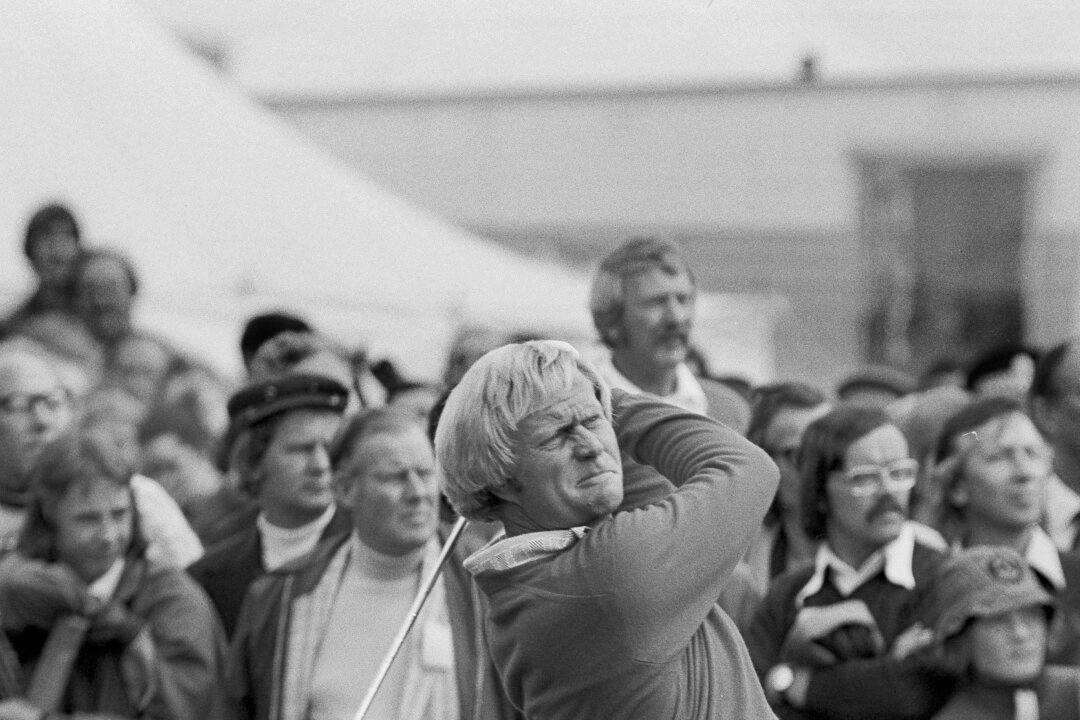TROON, Scotland—There is no other major golf event that rivals The Open Championship in terms of varying weather conditions and the incredible assortment of bounces—both good and bad—that can easily happen at any moment. It does not take much for any golfer—even the best in the world—to have a single bad round and end any opportunity in the attempt to claim the famed Claret Jug.
From 1963 through 1980 Jack Nicklaus demonstrated a consistency that may never be matched. In those 18 consecutive events in which the Golden Bear teed it up in The Open, he won three times, placed second a record seven times, finishing in the top five 16 times and only once out of the top ten with a 12th place finish with clearly no missed cuts. What many do not know is that, though Nicklaus won 18 major golf championships, he also finished 2nd no less than 19 times!






